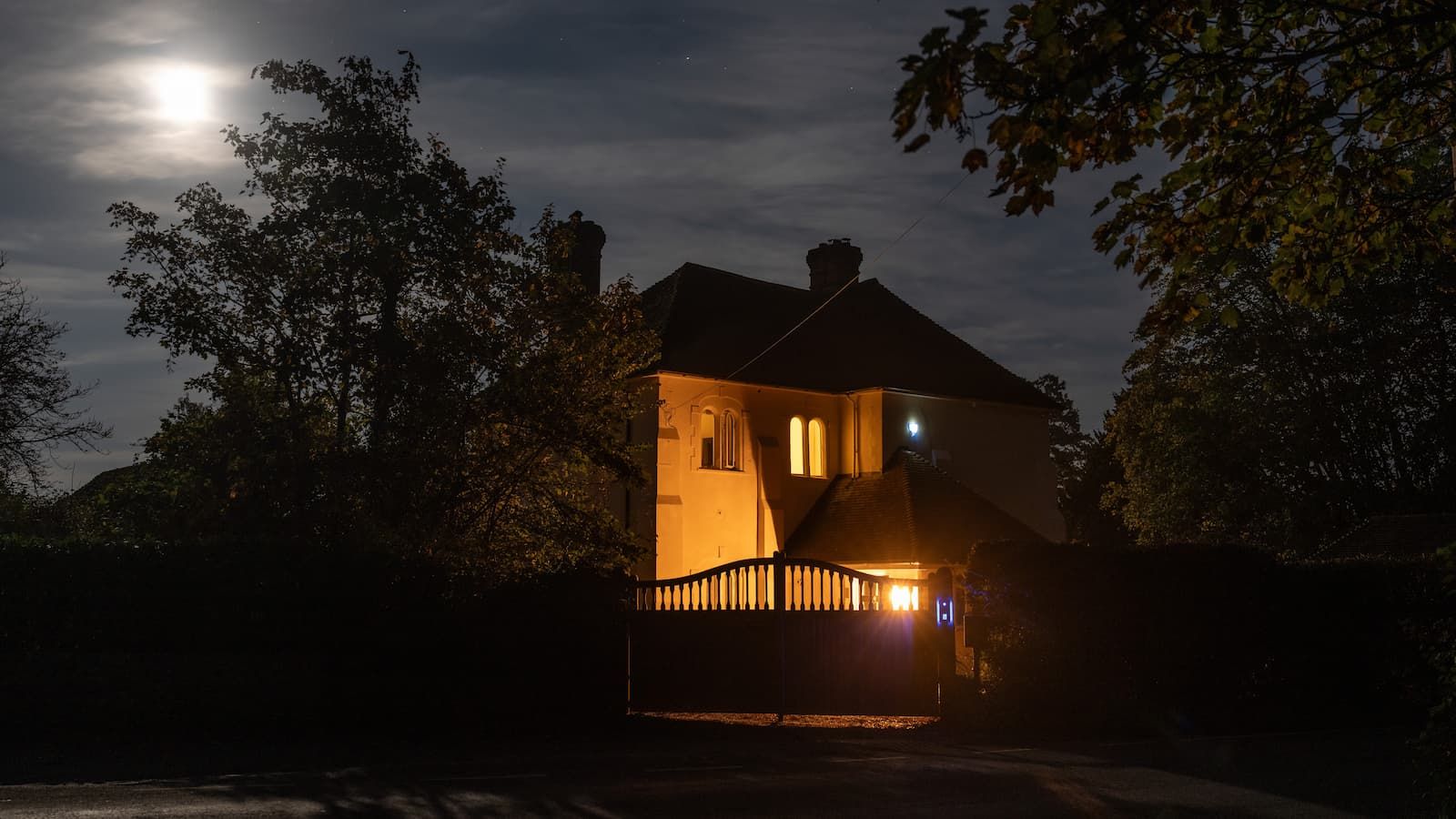
"Houses that are believed to be haunted often attract curiosity, caution, or debate among potential buyers. But do sellers have to disclose a property's haunted reputation when selling? The answer affects how buyers view the home, how easily it can be sold, and its potential market value. Understanding what the law says and how reputations influence the property market is essential for anyone selling or buying a home in England and Wales."
"In England and Wales, property sales are primarily governed by the Consumer Protection from Unfair Trading Regulations 2008. These regulations prohibit misleading actions or omissions that could affect a consumer's decision to purchase. However, the law focuses on tangible, material facts that could affect the property's value or desirability, such as structural issues, legal disputes, or problems that could affect the buyer's decision, like a history of flooding or significant repairs that are needed."
"There is no statutory requirement to disclose supernatural occurrences or ghostly reputations and the legal system generally adheres to the principle of "caveat emptor," meaning that buyers are responsible for checking the condition and history of a property before purchase. Legal expert Sarah Bradshaw of Wilson Browne Solicitors explains: "The law focuses on facts that affect value or safety. A house's reputation for being haunted isn't a legal defect, so sellers aren't required to disclose it unless asked directly.""
Property sales in England and Wales are governed by the Consumer Protection from Unfair Trading Regulations 2008, which prohibit misleading actions or omissions that could affect a consumer's decision. The law concentrates on tangible, material facts that affect a property's value or desirability, such as structural faults, flooding history, legal disputes, or needed repairs. There is no statutory duty to disclose supernatural occurrences or ghostly reputations, and the caveat emptor principle places responsibility on buyers to check condition and history. Sellers must answer direct questions honestly; misleading responses could amount to misrepresentation, though proving a haunting is essentially impossible.
Read at Homebuilding
Unable to calculate read time
Collection
[
|
...
]